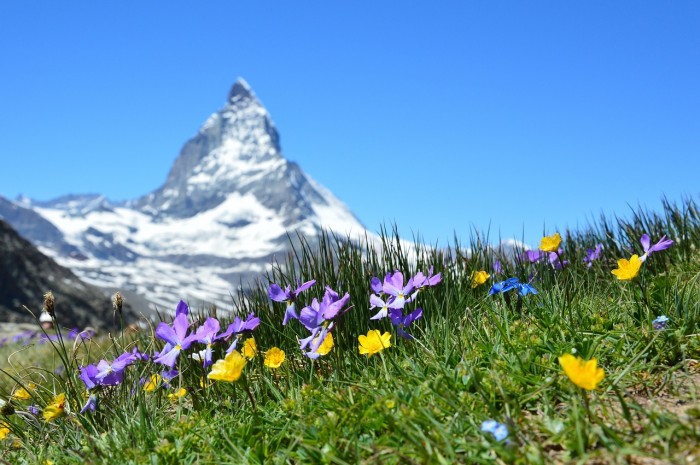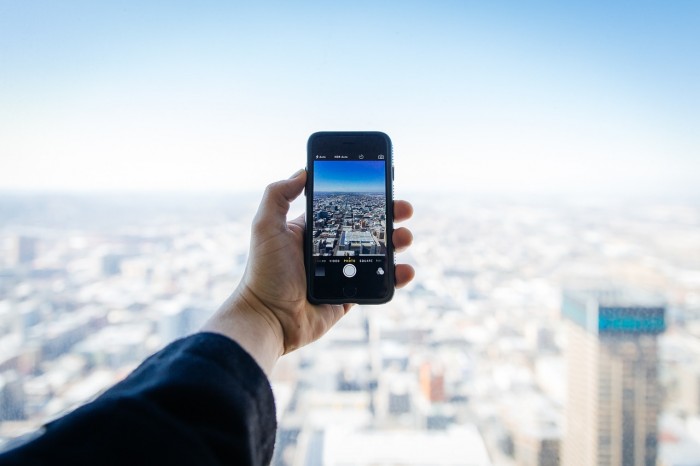The allure of travel has captured the hearts of countless individuals, leading them to embark on adventures around the globe. However, the distinction between a tourist and a traveller often becomes blurred, leading to heated debates and misunderstandings.
The Tourist vs. The Traveler
Many people associate the term “tourist” with individuals who follow well-worn paths, visiting popular attractions and participating in organized tours. On the other hand, “travellers” are often seen as those who immerse themselves in local cultures, seek authentic experiences, and venture off the beaten path.
However, the line between these two categories can be more nuanced than it seems. Even seasoned travelers may engage in tourist activities, such as visiting iconic landmarks or enjoying popular attractions. Conversely, tourists can have meaningful experiences and learn about local cultures if they approach their travels with an open mind and a genuine interest in the destination.

Beyond the Surface
The true essence of travel lies not in the activities one engages in, but in the underlying motivations and perspectives. Some people travel to escape their daily routines and seek relaxation, while others are driven by a desire to learn about different cultures and expand their horizons.
It’s important to avoid superficial judgments and recognize that the distinction between a tourist and a traveller is often subjective. What matters most is the intention behind the journey and the willingness to embrace new experiences.

The Impact of Modern Travel
The modern world has significantly influenced the way we travel. With the rise of social media, many people feel compelled to document their experiences and share them with others. This can sometimes lead to a focus on creating the perfect Instagram-worthy photo rather than truly connecting with the destination.
Additionally, the increasing ease of travel has made it possible for more people to explore different countries. However, this has also led to concerns about over-tourism and the negative impact it can have on local communities and the environment.

Wanderlust is a term so abused in today’s society, even though lust usually carries a negative connotation, that is, a strong but short sense of longing that fizzles out just as quickly as it comes. Following worldwide trends does that to you, too. Travel seems to be the bandwagon that everyone wants to hop on board, even without first searching their hearts.
No, travel is more than just trying to fit in; on the contrary, it makes you stick out like a sore thumb, like a lost sheep in pastures far away from your little pen. Travel does not discriminate; it brings both the good and the bad of a country, uncondensed, onto the feet of the traveller — and he accepts them.
Also Read: 10 Brilliant Responses When People Ask Why You Travel So Much
Ultimately, the distinction between a tourist and a traveler is a matter of perspective. Whether you prefer to follow a carefully planned itinerary or explore off-the-beaten-path destinations, the most important thing is to approach your travels with an open mind and a genuine desire to learn and experience new things. By doing so, you can truly appreciate the beauty and diversity of the world around you.





